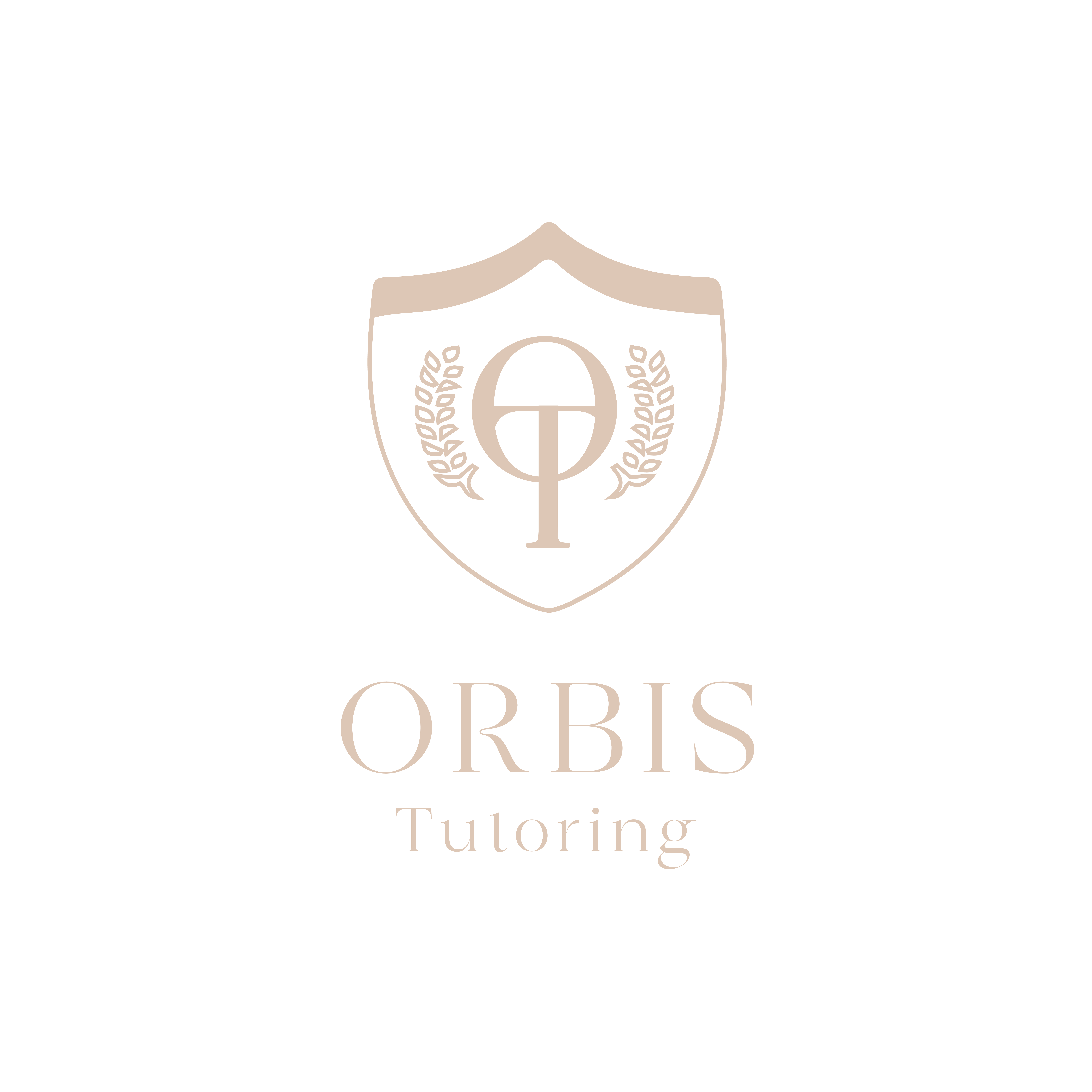Service
a guide to 11+ Verbal and Non-Verbal Reasoning
11 Plus Maths Paper: Comprehensive Preparation Guide
- Change Picture to Shape:
- Practice recognizing how a given image changes or transforms to form a different shape.
- Picture Moves:
- Develop spatial reasoning skills by understanding how pictures move or change in relation to each other.
- Algebra in Non-Verbal Reasoning:
- Apply basic algebraic principles to solve non-verbal reasoning problems.
- Matrices:
- Work on matrix-related problems, including completing matrices and identifying patterns.
Parental Guidance /Non-Verbal Reasoning Preparation Tips:
- Start practice early to help children gradually develop familiarity with abstract reasoning.
- Use a variety of non-verbal reasoning resources and exercises to expose students to different types of questions.
Encourage a consistent and gradual approach to Verbal and Non-Verbal Reasoning practice, ensuring that your child builds confidence and skills over time. Early and regular exposure, coupled with targeted practice, will contribute to improved performance in these challenging areas of the 11 Plus exams.
Core Topics in 11 Plus Verbal Reasoning:
Verbal and Non-Verbal Reasoning components of the 11 Plus exams can be challenging, but effective preparation can enhance a student’s performance. Here are core areas to focus on for each:
- Constructing Words:
- Practice forming words using given letters, understanding anagrams, and identifying word patterns.
- Understanding Word Meaning:
- Develop skills in deducing the meaning of words in context and understanding subtle nuances.
- Working with Numbers and Algebra:
- Apply basic numerical and algebraic operations to solve problems within the verbal reasoning context.
- Applying Algebra Skills:
- Extend algebraic skills to solve more complex problems, emphasizing practical application.
- Developing Logic Skills:
- Enhance logical reasoning skills by practicing pattern recognition, sequence completion, and deductive reasoning.
- Building Vocabulary:
- Strengthen vocabulary through extensive reading. Encourage wide-ranging literature exploration to expose students to diverse words and contexts.
Parental guidance/ Preparation Tips:
- Regularly expose students to word lists and encourage the use of vocabulary-building resources.
